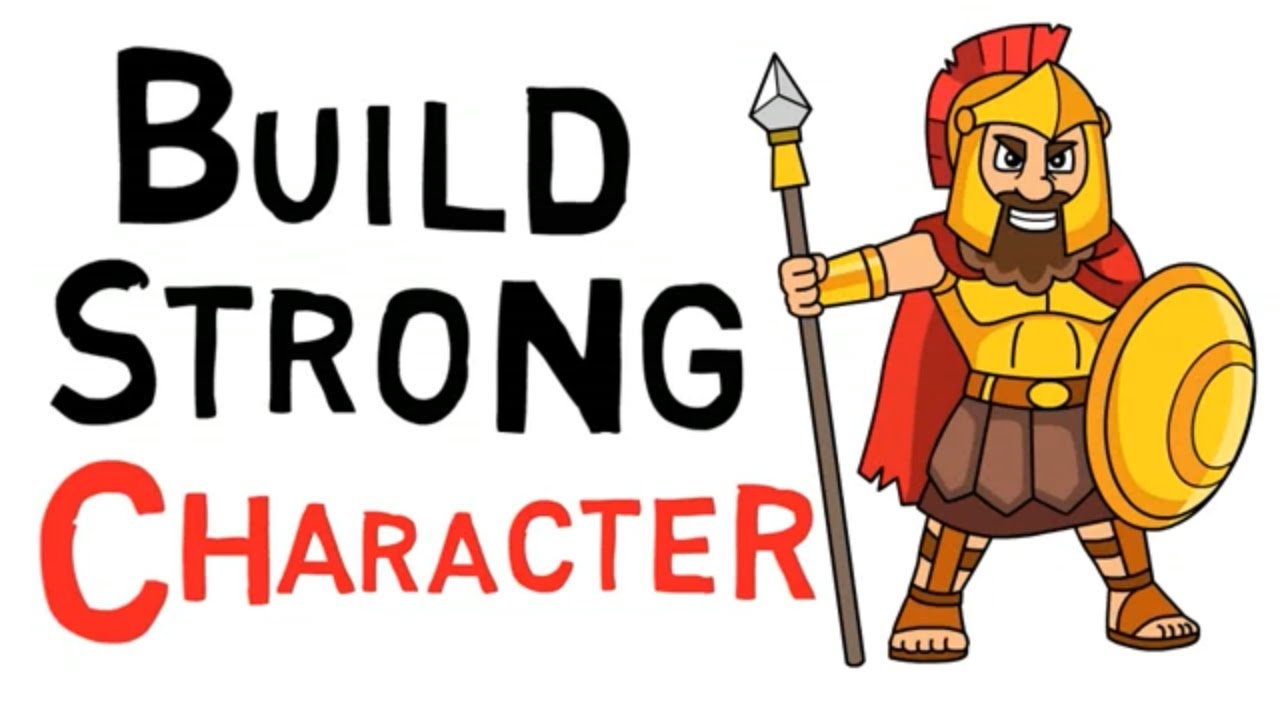24 Character Strengths… (Part 5)
November 19, 2022

So, we’ve looked at how our sense of “Justice” directly influences our goals. Increases our motivation and if utilised properly, conditions our teamwork skills therefore affecting our commitment levels to achieve those goals. Now we need to back up those skills with some self-regulation. Having an understanding of things that cause us the negative emotions that ultimately get in the way of us being able to live our best lives and become the best versions of ourselves is humbling… but in humility comes strength!
5. Temperance
- Prudence: Can you be considered and careful in the choices you make? Or do you act before you think? “It is a Strength of Restraint.” Prudent people do not take risks without weighing up the pro’s, cons and consequences. For this reason, they rarely must experience the regret of speaking out of turn or speaking harshly in the heat of the moment. Prudence requires objectivity along with practiced reasoning, enabling us, the prudent persons, the skills to control ourselves based on considered observations which in turn gives us foresight to plan goals both for short and long term successes. “It is often referred to as Cautious Wisdom, Practical Wisdom and Practical Reason.” As a Strength it helps us to be diligent and therefore productive, avoiding “the mishaps of life, both physical and psychological.”
- Forgiveness: Are you able to have sympathy (or have insight and therefore empathy) for those that have hurt or maltreated you? Can you Let Go? “Forgiveness, and the related quality of mercy, involves accepting the shortcomings, flaws and imperfections of others and giving them a second (or third) chance.” As human beings we are all constantly learning and evolving. Evolving past feelings of vengeance when we are wronged is essential to our development. Ask yourself: Does it bring them down? Or Me down? Not an ‘Eye For An Eye’ but ‘Let Bygones Be Bygones’.
“It is important to distinguish forgiveness from:
- Condoning (removes the offense)
- Forgetting (removes the awareness)
- Reconciliation (restores the relationship)
Forgiveness can contribute to productive interpersonal relationships, thriving teamwork, job satisfaction, personal morale, innovative problem-solving, a sense of flexibility when facing changes, and productivity.”
- Humility: Do you brag? Seek the spotlight? Humility is finding the delicate balance between being reticent (not wanting to draw attention to yourself) and being too critical of oneself. You are capable of “accurate self-assessment”. To become Humble is learning to have a true sense of Who you are. “Humble people do not distort information to defend or verify their own image” Neither giving in to the every command of another, nor considering yourself as more important or special than others. It is great to think well of ourselves but to do so we must be aware of our mistakes, accept our lack of knowledge and embrace our imperfections as we would forgive them in others. Humble people “are content without being a center of attention or getting praised for their accomplishments.” Foster good “self-esteem and a positive self-view. Humble people are likely to demonstrate higher levels of gratitude, forgiveness, spirituality, and general health.”
- Self-Regulation: Are you able to control your appetites? How about your emotions? When we learn to regulate what we do, we achieve a high level of confidence. We believe that we are effective in our pursuits and therefore much more likely to achieve our goals. “self-regulation acts like a muscle, which can be exhausted through over-exertion or strengthened through regular practice”. Be commended for your skill in being able to modify your response to your insecurities and life’s disappointments. “Self-regulation helps keep a sense of balance, order, and progress in life.” “People with high self-control report fewer symptoms of anxiety and depression, are better able to control anger, and generally get along better with people. Self-regulation is linked with better personal adjustment, such as having fewer physical and psychological problems and having a greater sense of self-acceptance and self-esteem in relationships.”
Don’t Miss Next Months’ Final Instalment Of Our 24 Character Strengths!
“Transcendence… (Part 6)”
Until Then See You At FH!

Leave a Reply